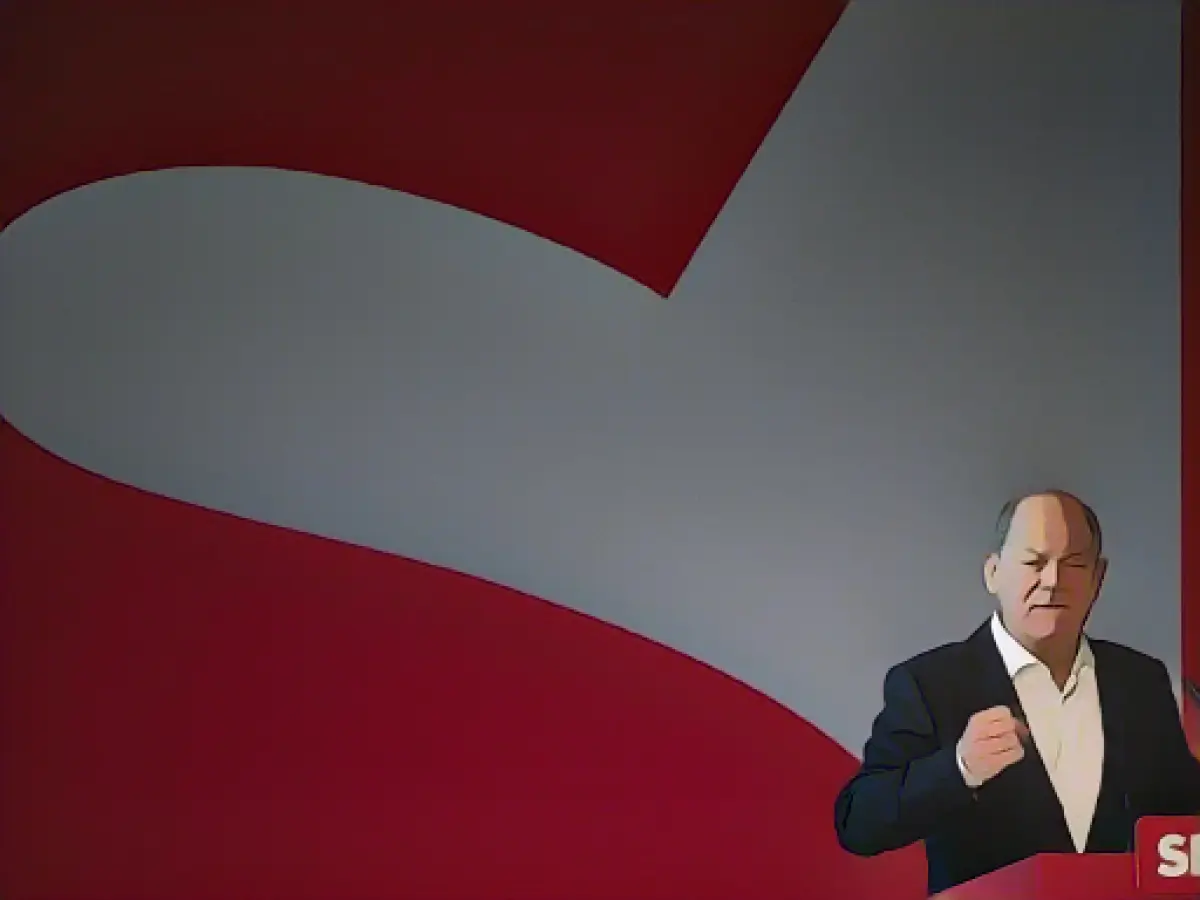Olaf Scholz, the federal Chancellor and SPD leader, is determined to swiftly reorganize the budget in response to the Karlsruhe court's ruling. At the Brandenburg SPD party conference in Schönefeld, Scholz declared, "Once the court speaks, it's a matter of getting down to implementation." The court ruled that the transfer of coronavirus billions to the Climate and Transformation Fund was inadmissible, presenting a challenge. Scholz expressed that revising consultation results ahead of action would be more productive.
Despite these obstacles, Scholz reaffirmed the SPD's key objectives, such as supporting Ukraine, managing the economic impacts of the war, and preserving domestic unity. Additionally, he highlighted the significant financial measures deployed to subsidize energy prices, totaling 200 billion euros, with only 45-46 billion euros required. Consequently, the government will once again employ an exception to the debt brake for this fiscal year.
Navigating these challenges, the SPD-led government must adhere to constitutional requirements, make legislative adjustments, and potentially reform the debt brake to permit more flexibility in financing. Chancellor Scholz emphasized the importance of savings and growth before contemplating debt brake relaxation. Moreover, the government will need to allocate funds wisely between international commitments, such as supporting Ukraine, and domestic priorities while ensuring fiscal discipline.
In conclusion, Chancellor Scholz and the SPD-led federal government face a multifaceted challenge, requiring strategic planning and careful consideration to balance constitutional compliance, economic stimulus, and international commitments. By focusing on savings, growth, and prioritizing projects within budgetary constraints, the government aims to achieve its goals while maintaining fiscal discipline.








